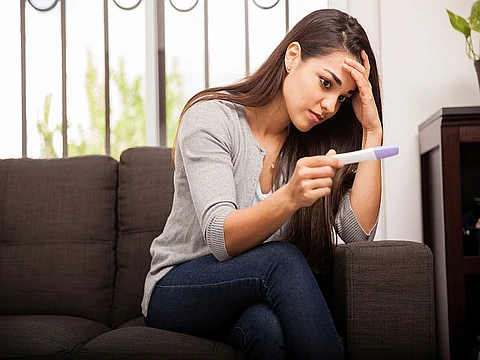WEDNESDAY, April 8, 2020 (HealthDay News) -- Women mainly use fertility apps for fertility and reproductive health tracking, pregnancy planning, and pregnancy prevention, according to a review published online April 6 in BMJ Sexual & Reproductive Health.
Sarah Earle, Ph.D., from The Open University in Milton Keynes, England, and colleagues reviewed 654 records on mHealth apps that track menstruation and fertility. The review included 18 records from 13 countries.
The researchers identified three main themes in the reviews: fertility and reproductive health tracking, pregnancy planning, and pregnancy prevention. Women self-track for a variety of reasons, which can change or overlap over time. Personal digital health information is important for developing knowledge and understanding of the body, as well as for informing treatment or predictive purposes. For pregnancy planning, limited research indicates that many of the most popular apps are not accurate for supporting women or couples wanting to get pregnant. There is considerable interest in use of fertility apps to prevent pregnancy, and some apps are effective; however, women may be using apps that were not designed for this purpose.
"The evidence suggests that women value apps that are accurate and based on scientific evidence regardless of whether they are relying on the app to predict their fertile window or not," the authors write. "The involvement of fertility specialists and other health professionals should also be an important aspect of future research and development in this field."
Abstract/Full Text


